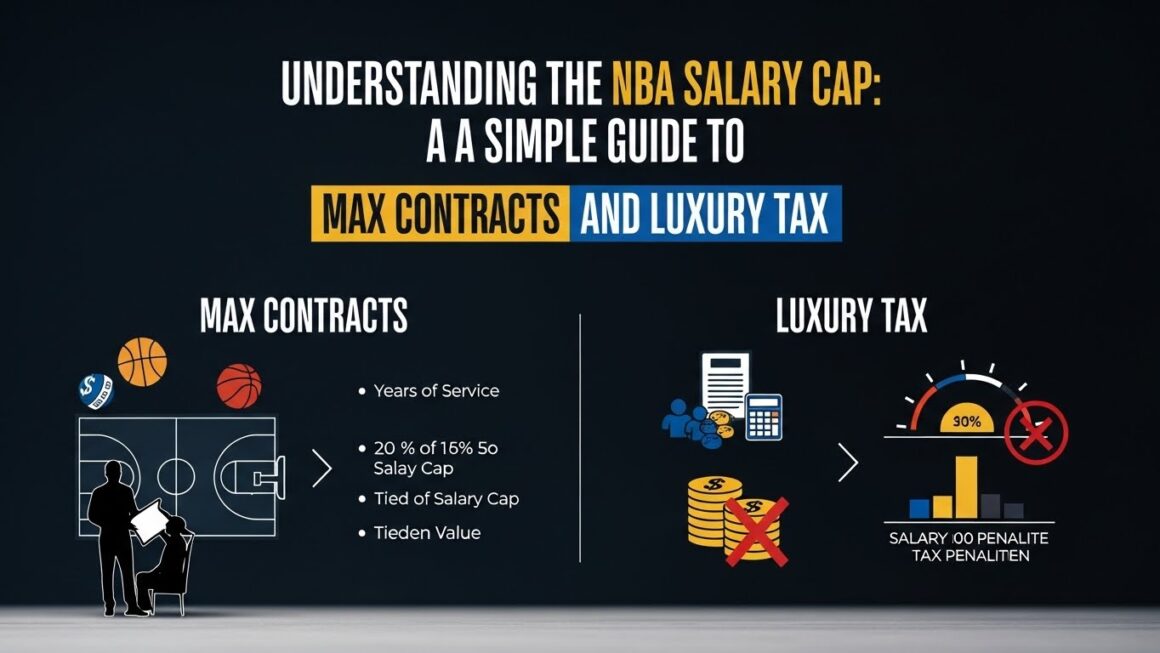Ultimate Guide to NBA League Pass: Watch Every Game Live and On-Demand
What is NBA League Pass?
NBA League Pass is a subscription-based service offered by the National Basketball Association (NBA) that allows fans to watch basketball games live and on-demand. With this service, fans can catch nearly every game from the regular season, playoffs, and even the NBA Summer League. Covering all the teams, League Pass provides an unparalleled coverage of the league for both die-hard and casual fans.
Subscription Options
-
League Pass Premium: This tier provides access to live games, as well as features like the ability to watch multiple games simultaneously, enhanced viewing options, and the option to view games in 1080p HD.
-
League Pass Standard: This tier allows fans to watch live out-of-market games. However, it does not include some of the additional charges that come with the Premium version.
-
Team Pass: For those who have a favorite team, this option offers access to all of that team’s games, including live and on-demand content.
- Single Game Pass: This pay-per-view option allows fans to purchase access to a specific game without committing to a full season pass.
Pricing Structure
NBA League Pass pricing varies depending on the subscription choice. Typically, prices range from $14.99 per month for Team Pass to about $249.99 annually for Premium Pass. Discounts and promotions often occur at the start of the NBA season, making it wise for fans to keep an eye on special offers to reduce costs.
Accessing NBA League Pass
Fans can access NBA League Pass through multiple platforms:
- Web Browsers: Stream games directly from the official NBA website on any desktop or laptop.
- Mobile Devices: The NBA app is available on both iOS and Android, allowing fans to watch games on smartphones and tablets.
- Smart TVs and Streaming Devices: League Pass is compatible with services like Roku, Amazon Fire TV, Apple TV, Chromecast, and many smart TV brands.
Features of NBA League Pass
-
Live Game Streaming: Stream live games without cable, which is ideal for cord-cutters.
-
On-Demand Replays: Missed a game? NBA League Pass offers the option to watch games on-demand, allowing fans to catch up at their convenience.
-
Multiple Viewing Options: Use features such as alternate camera views, in-game statistics, and more to enhance the viewing experience.
-
Game Audio Options: Choose between local radio and national broadcasts to customize your audio experience during games.
-
Condensed Games: View games in a condensed format, featuring significant highlights in a shorter time frame.
- Multiple Games Simultaneously: With League Pass Premium, fans can watch several games at once, making it easier to follow multiple teams or key matchups.
Blackouts and Restrictions
One of the key points of concern for many potential subscribers is the issue of blackouts. Certain games may be unavailable for streaming due to regional broadcasting rights.
- Local Games: If you’re located in the same market as a team, you might be unable to stream those games live.
- National Broadcasts: Games shown on major networks (ABC, ESPN, TNT) will also not be available for streaming through League Pass.
To sum it up, while NBA League Pass provides extensive coverage, fans should consider their location and local broadcasting agreements when subscribing.
Mobile Experience
The NBA app’s mobile experience is optimized for gaming on the go. Users can receive real-time notifications for major game updates, player stats, and highlights directly on their mobile devices. The app also allows for ordering and managing their subscription and streaming content seamlessly, maximizing fan engagement.
International Availability
NBA League Pass is available in various countries, with pricing and features varying by region. Fans outside the U.S. may find different options or promotional pricing which could influence their decision to subscribe. For example, local NBA partners may offer unique subscription bundles, be aware of international pricing for the best value.
Compatibility with Other Services
NBA League Pass does not restrict subscribers from using other streaming services. Whether you have Hulu + Live TV, YouTube TV, or cable, you can continue to access those services while enjoying League Pass coverage.
Tips for Getting the Most from Your Subscription
-
Prepare for the Season: Sign up in advance of the regular season start, when special offers may be available.
-
Create a Watchlist: Use the NBA app to keep track of games you want to catch for easy reminders.
-
Explore Game Features: Take advantage of the various streaming features the platform offers to enhance your viewing experience.
-
Manage Account Settings: Regularly check your account settings to ensure your payment methods are up-to-date and you’re receiving notifications.
-
Involved Teams: Keep a close eye on your favorite teams’ schedules and player health updates through the app to avoid missing crucial games.
- Social Media Engagement: Follow the NBA on social media platforms for the latest news, previews, and highlights that can enhance your League Pass experience.
Troubleshooting Common Issues
Should you encounter any issues with your NBA League Pass subscription, here are quick solutions:
-
Video Playback Problems: Restart your device or refresh the app. Often, clearing your app cache can solve video buffering issues.
-
Audio Issues: Check your device’s volume settings and ensure the audio is turned on, or switch between audio options within the app.
- Blackouts Not Mentioned: Inquire with customer support or refer to the blackout policy on the NBA website for clarification on any game availability.
Conclusion
For basketball fans looking to immerse themselves in the action of the NBA, League Pass stands out as the premier option for live and on-demand viewing. With multiple subscription tiers and comprehensive features, it caters to a diverse range of preferences while also providing essential tools to enhance the viewer experience. Whether you catch every game or just the highlights, NBA League Pass is a worthy investment for any basketball aficionado.




